-
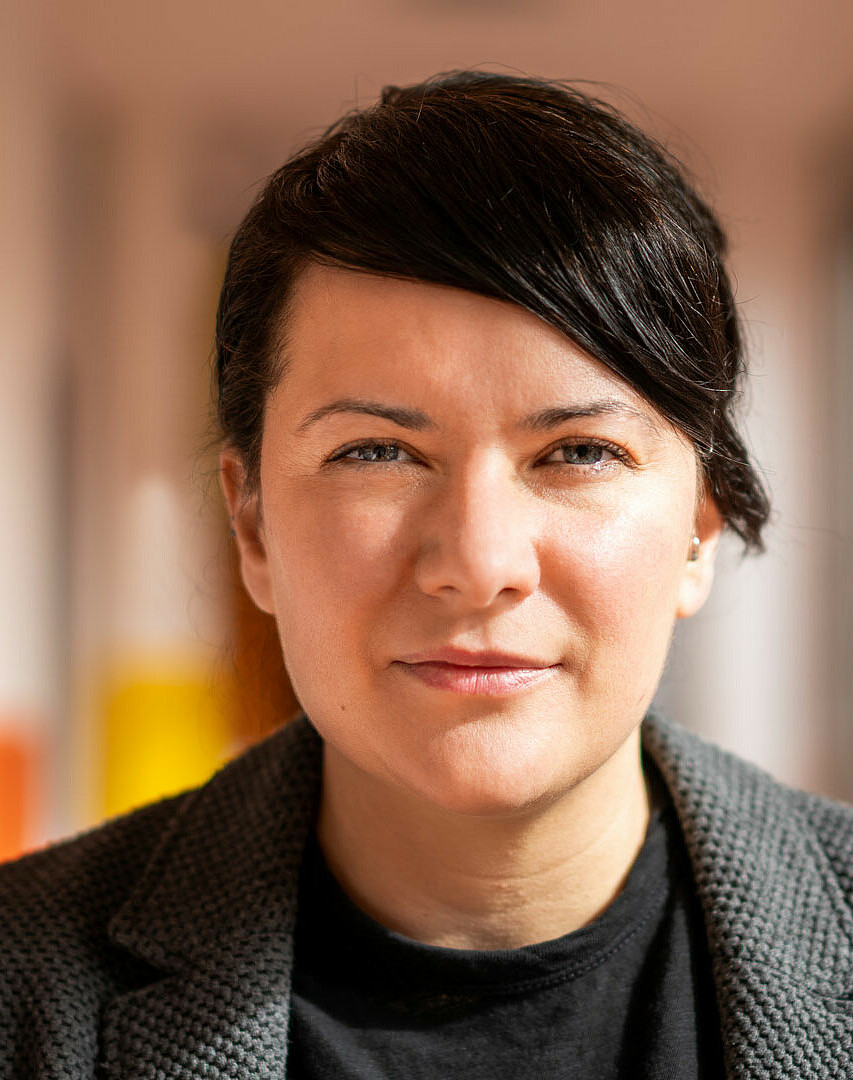
© Michael Schaaf
19.12.2023Prof. Dr. Dr. Hürrem Tezcan-Güntekin, ASH Berlin / Berlin School of Public Health, Charité Berlin
The research of Prof. Dr. Dr. Hürrem Tezcan-Güntekin has high application relevance. The Brain City Ambassador is a professor for “Interprofessional approaches with a focus on qualitative research methods in public health” at the Alice Salomon Hochschule Berlin (ASH Berlin) and the Berlin School of Public Health at Charité - Universitätsmedizin Berlin.
If you ask Prof. Dr. Dr. Hürrem Tezcan-Güntekin about her research focus, the answer initially sounds a bit complicated: “I deal with intersectional perspectives on diversity-sensitive care with a focus on age, racism, migration and care after experiences of violence,” says the Brain City Ambassador. The research topics are highly relevant to everyday life: Hürrem Tezcan-Güntekin’s main aim is to use her research to identify and make visible social power and inequality relationships – especially with regard to health and nursing care. She also looks at the interaction of different discrimination mechanisms.
“I originally come from the field of science research and started working on migration-sensitive nursing care as part of my second doctorate in 2014,” says Hürrem Tezcan-Güntekin. “In the course of this project and its follow-up projects, it quickly became clear that the exclusive focus on migration follows an essentialist understanding that is widespread in public health and does not take other differences and social power relations into account.” As a result, she developed a differentiated, intersectional perspective that is critical of discrimination and racism. “What is also special about my work is that I work with an interdisciplinary and diverse team in my projects and involve people from the communities in a participatory way wherever possible.”
Examples of current projects that Hürrem Tezcan-Güntekin heads at ASH Berlin include the BMBF-funded project “Racism in health care – RiGeV”, in which the University of Witten/Herdecke and Fulda University of Applied Sciences are also involved. She heads the IFAF-funded research project “Intersectional perspectives on primary care after experiencing sexualised violence and violence in the close social environment” in collaboration with the Berlin School of Economics and Law (HWR Berlin). The consortium partners of the project “Development and evaluation of a diversity-sensitive online self-help offer to strengthen self-management using the example of people with a Turkish migration background – Diversity On” are the University of Witten/Herdecke and Dementia Support Stuttgart. Hürrem Tezcan-Güntekin is currently closely involved in the preparation of the Federal Government’s ninth Age Report.
“Very good networking, proximity to political processes, great teams, short distances to the office, an innovative environment and great diversity – Berlin offers me an ideal working environment,” says Hürrem Tezcan-Güntekin. The fact that she is so enthusiastic about Brain City Berlin is also due to the fact that she was born in Berlin-Schöneberg. “Why did I move away from Berlin and then come back here? The reason was that I had already focused heavily on the research area of medical sociology during my studies in sociology and educational sciences at the Technische Universität Berlin. The field in which I could imagine doing my doctorate was therefore very narrow. Within a year of completing my studies there was no opportunity for me in Berlin, so I applied away in 2006.”
Very good networking, proximity to political processes, great teams, short distances to the office, an innovative environment and great diversity – Berlin offers me an ideal working environment.
Hürrem Tezcan-Güntekin’s further professional path initially led her to science and technology research at Bielefeld University. “Here I completed my first doctorate in sociology. I then worked at various research institutions in Tübingen, Dortmund, Jülich and Bielefeld. Shortly before completing my second doctorate in public health, I accepted a professorship at ASH Berlin in 2017 and returned to my hometown,” remembers Hürrem Tezcan-Güntekin and adds: “While I used to spend a lot of time in the club scene in Berlin, I now need both the intense life of the big city and the quiet country life. That is why I currently have two residences – one in Berlin and one in the countryside.”
Hürrem Tezcan-Güntekin advises young scientists who want to come to Berlin to network well in advance. “Approaching interesting contacts at conferences or writing to them and asking for a conversation are good opportunities to make contact,” says the Brain City ambassador. However, it should be borne in mind that establishing friendships in Berlin usually takes longer than elsewhere, “because there is generally a mood of non-commitment here.” It is therefore always helpful to have staying power and a good balance between intrinsic motivation and a good work-life balance. It is also advisable to have a plan B up your sleeve “in case your academic career does not work out, i.e. the maximum duration of the fixed-term contract according to the Science Contract Act is reached faster than the call to your first professorship,” says Hürrem Tezcan-Güntekin. “But this applies everywhere in Germany, not just in Berlin!” (vdo)
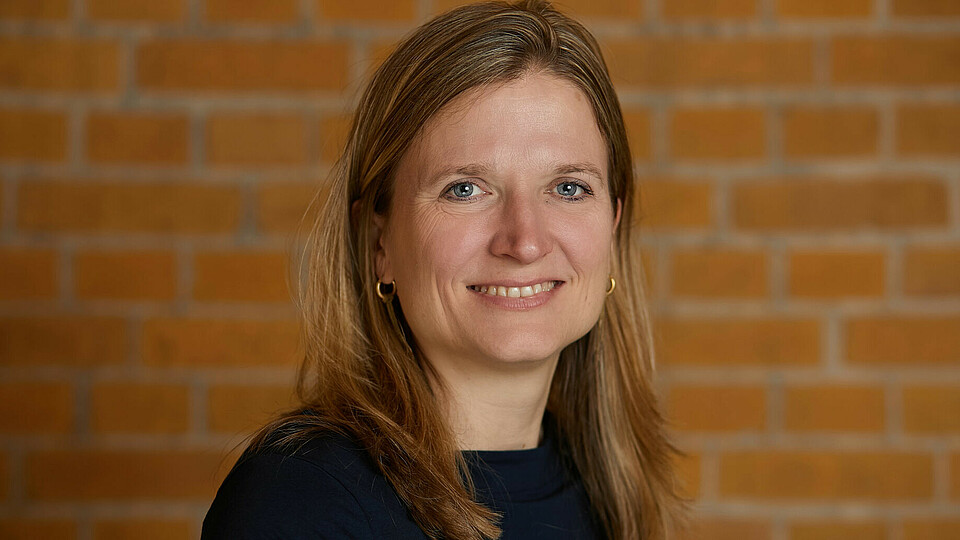
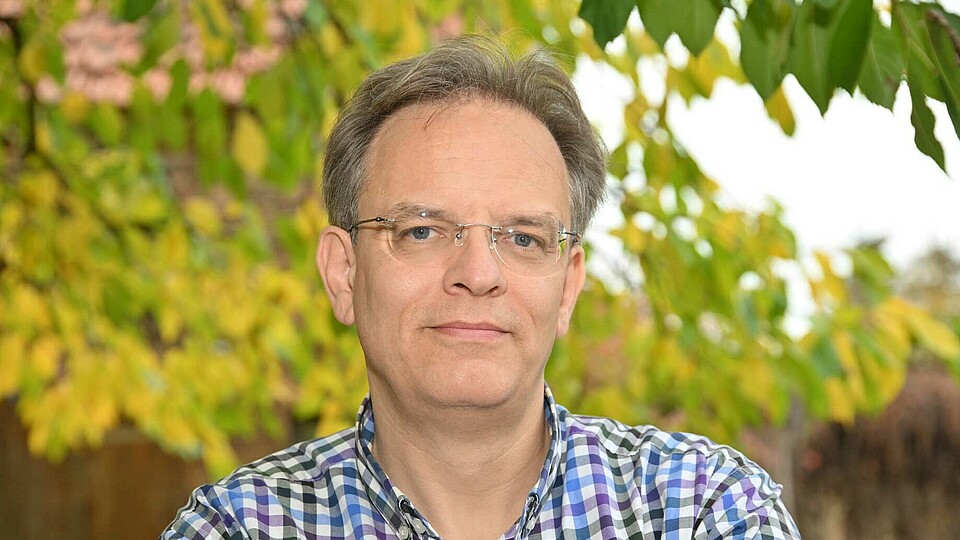
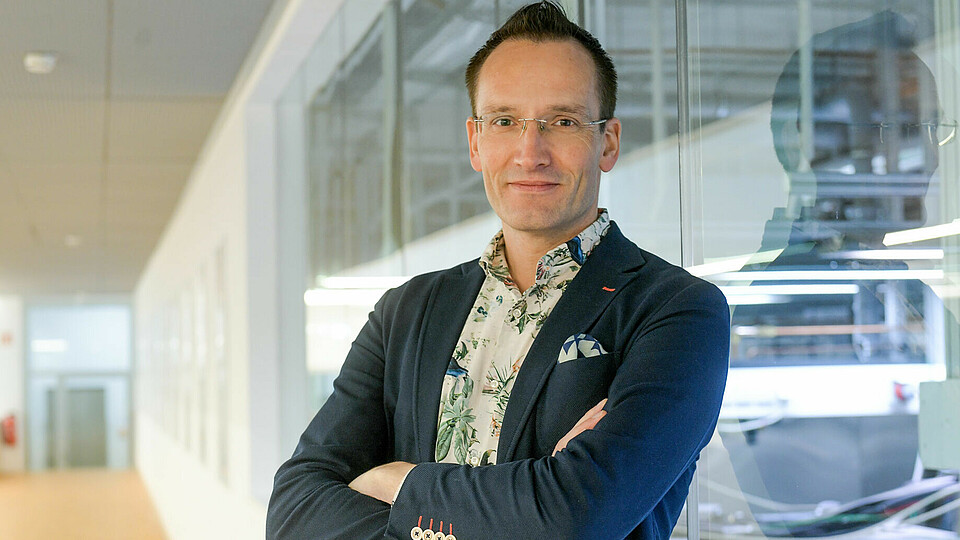

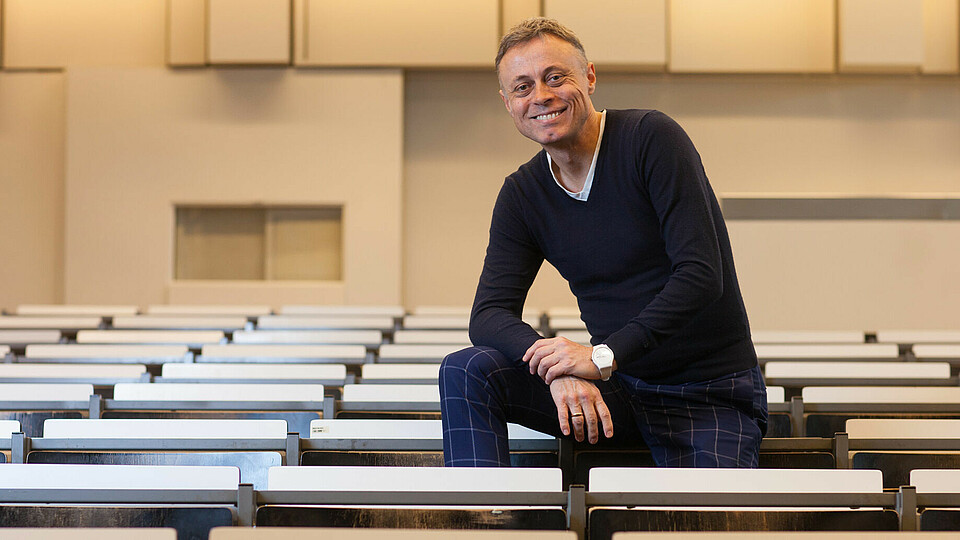
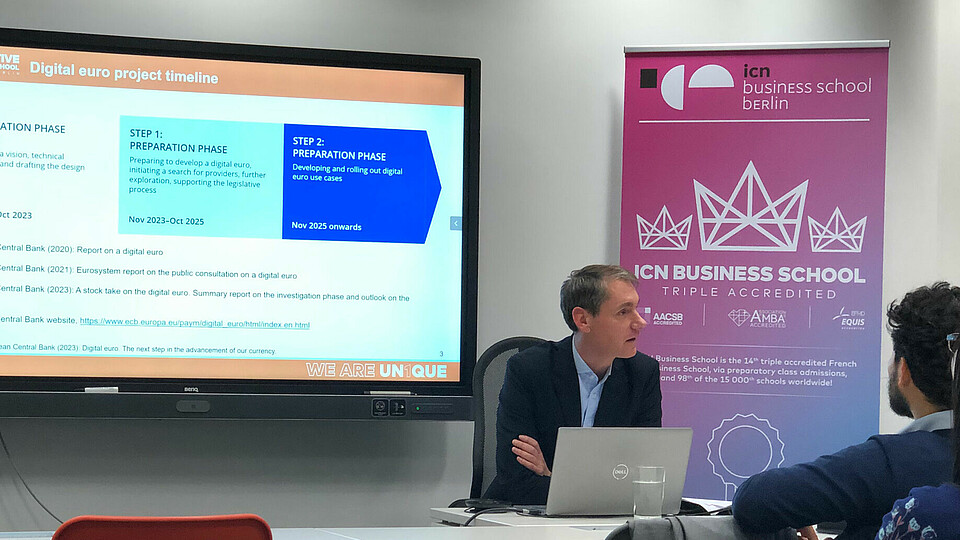
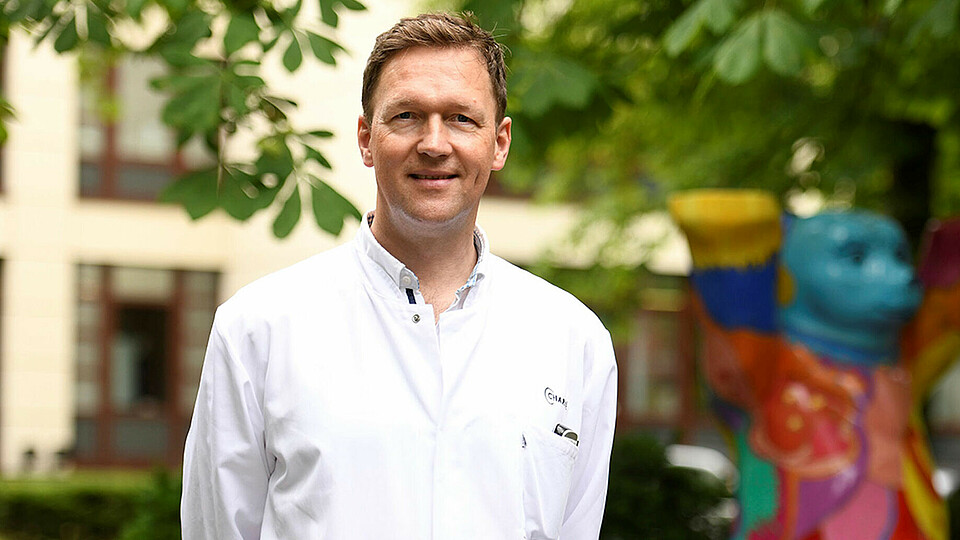
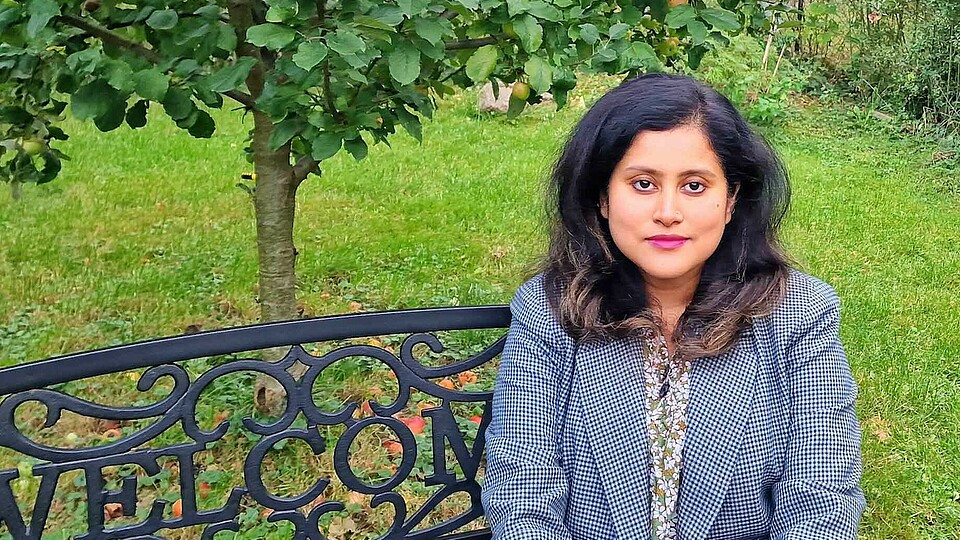
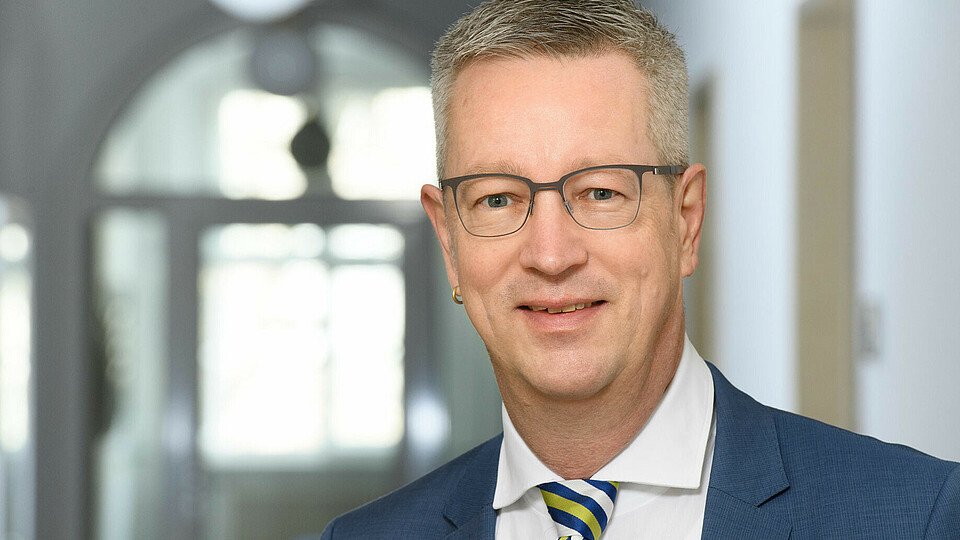
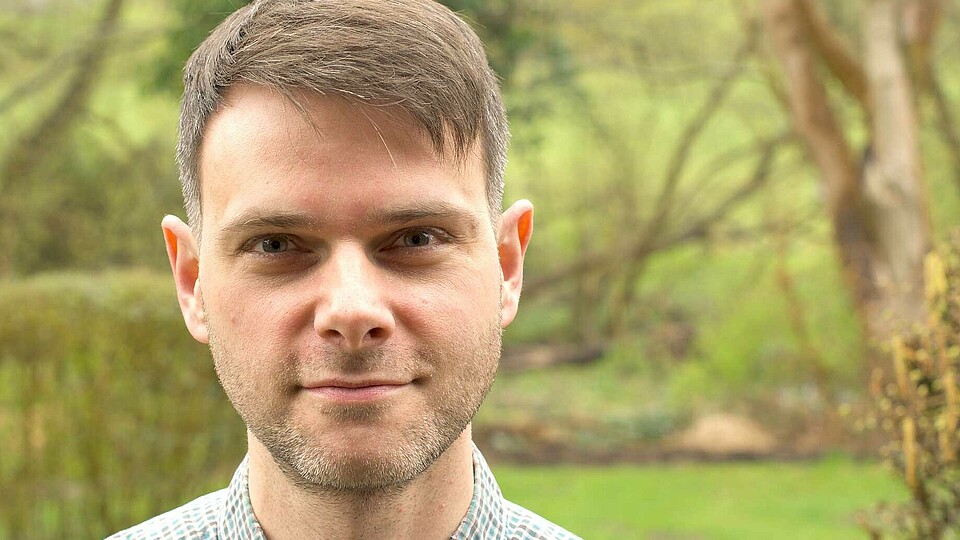
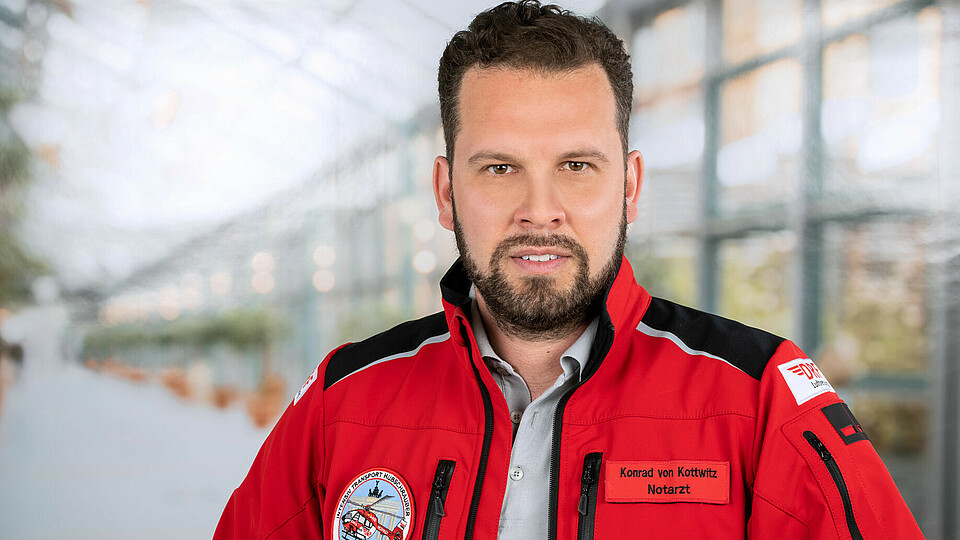
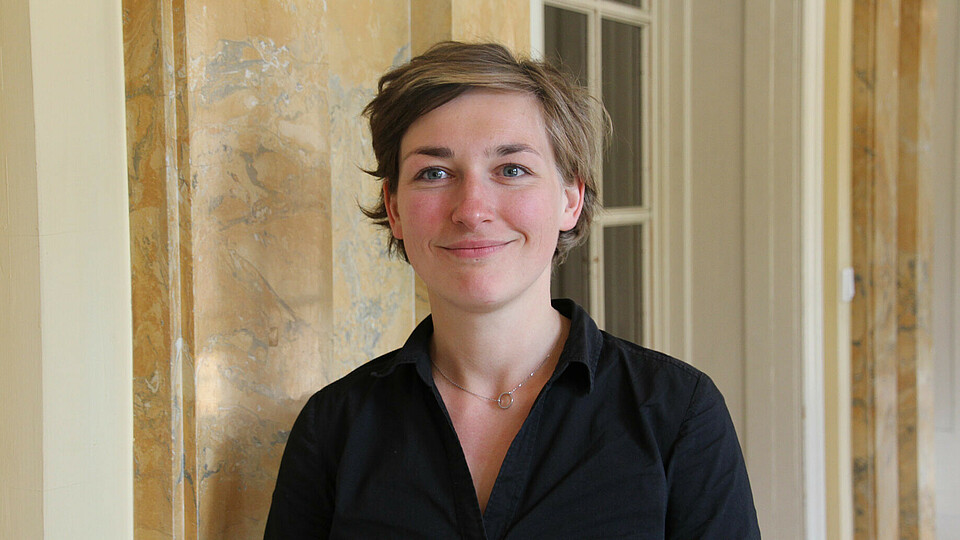
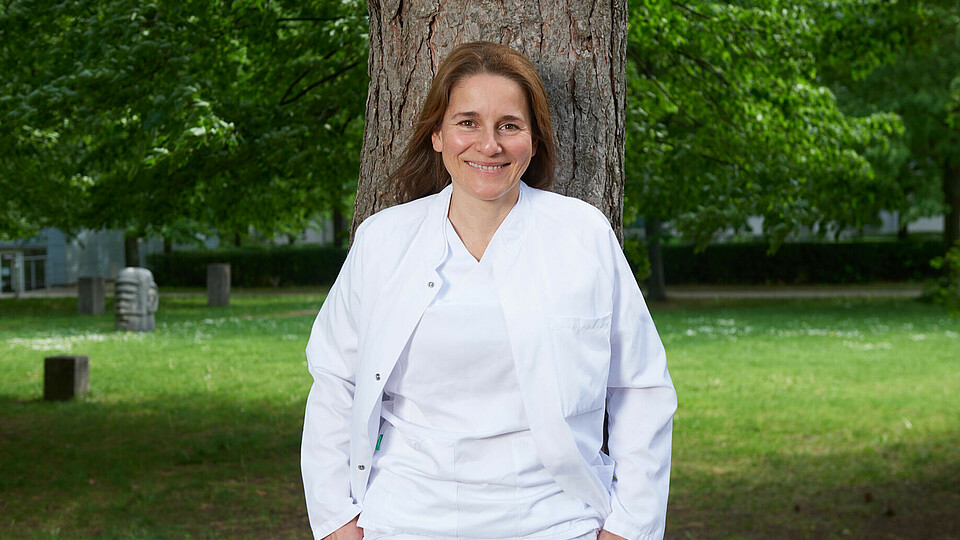
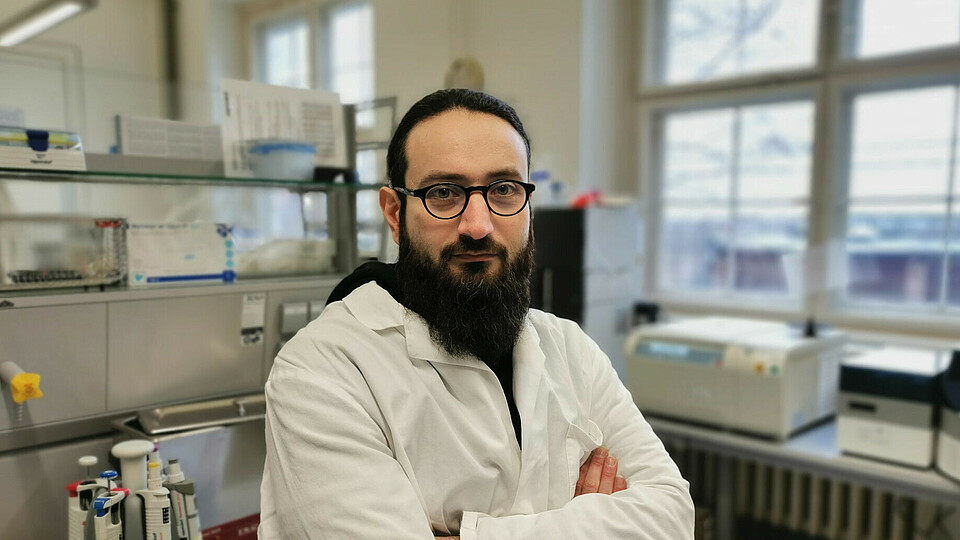
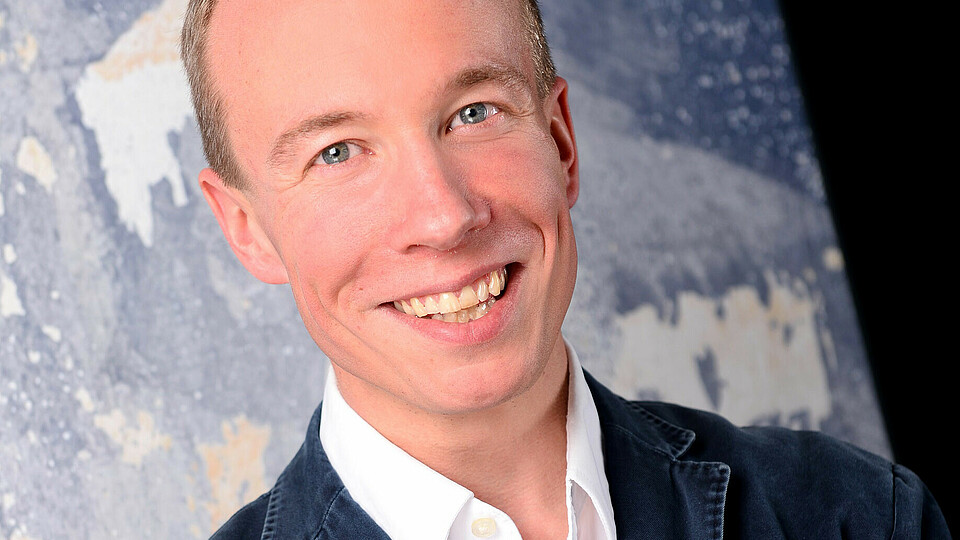
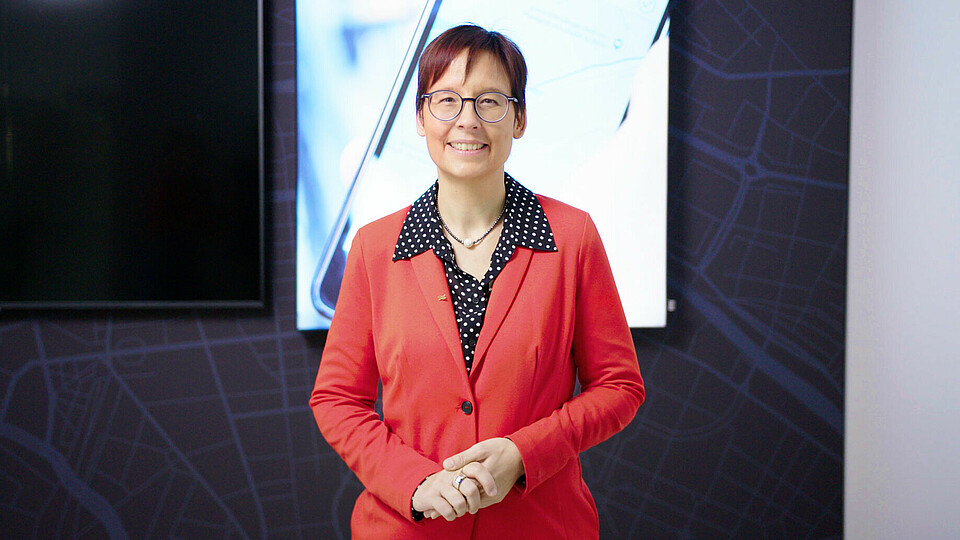
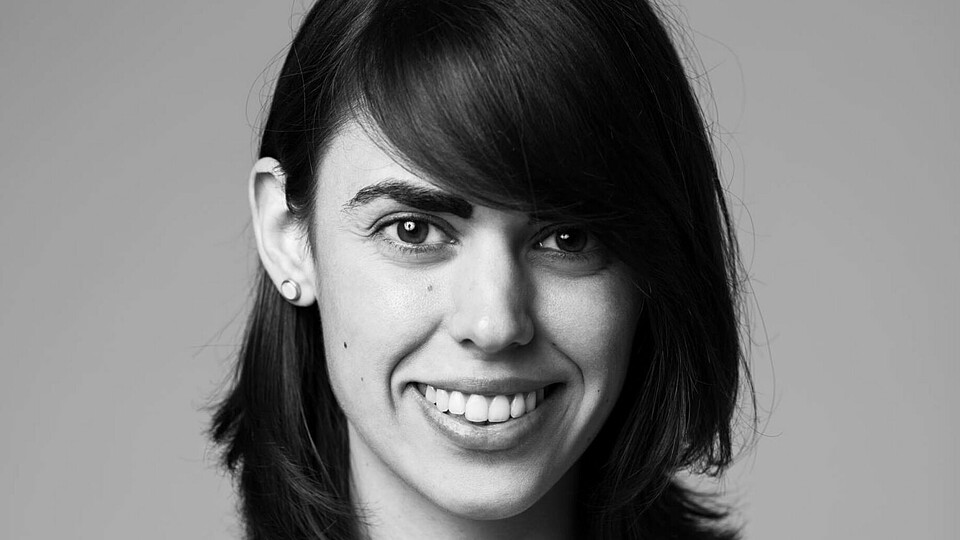
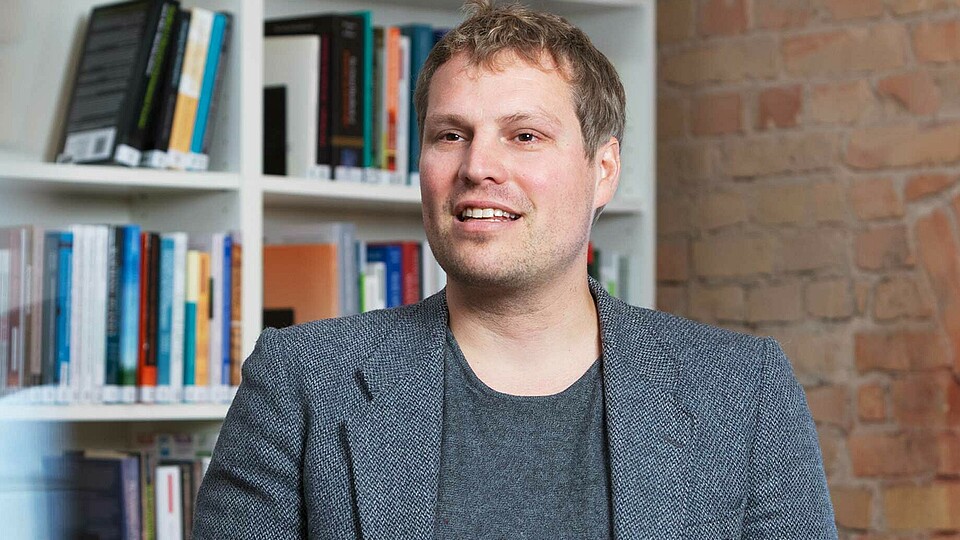
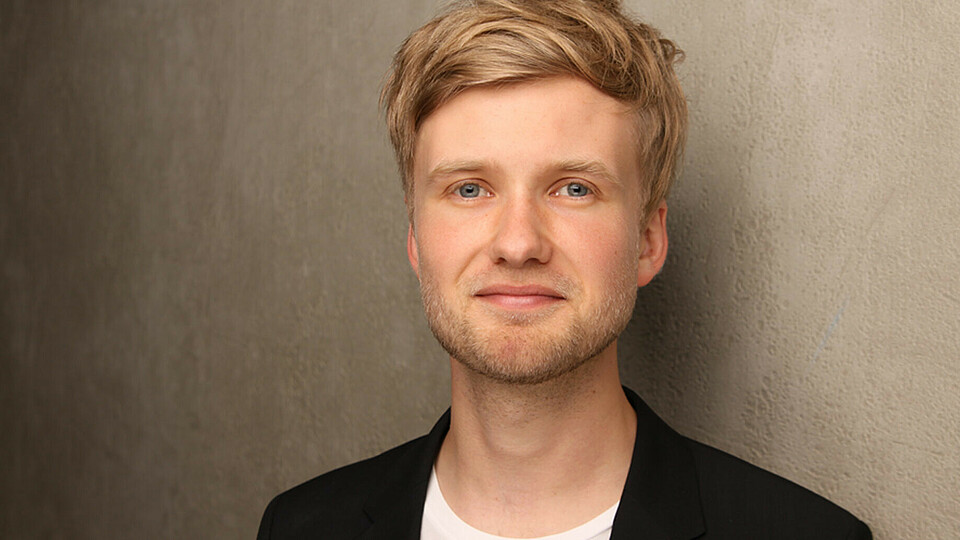
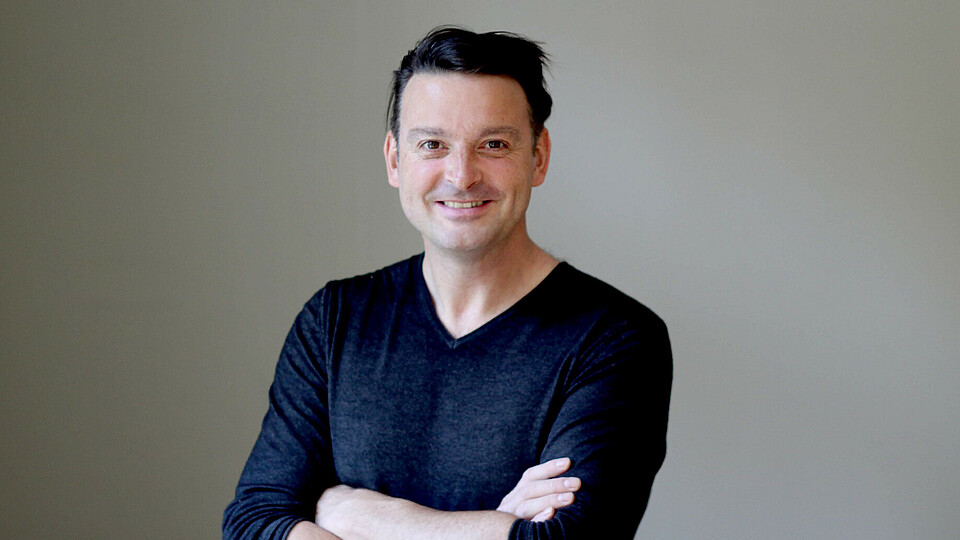
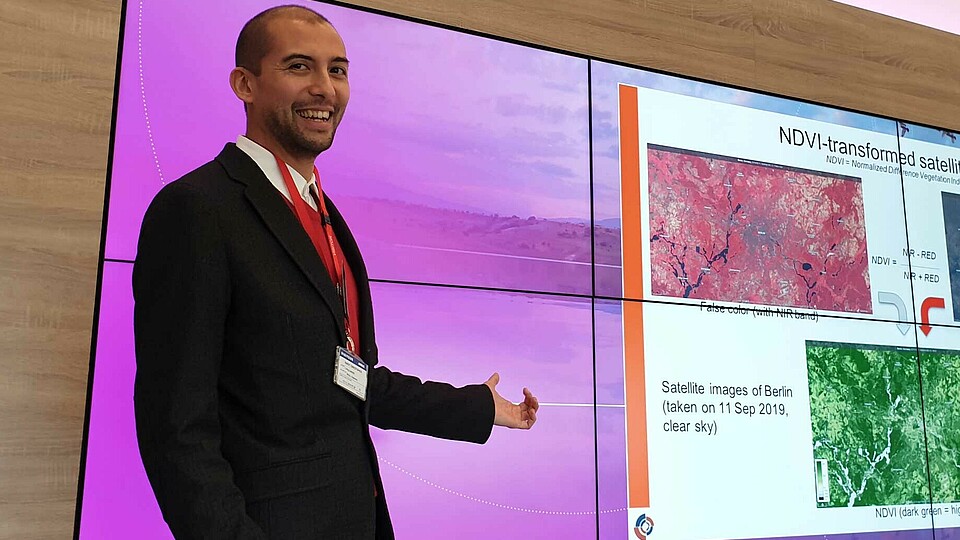
![[Translate to English:] [Translate to English:]](/fileadmin/_processed_/b/c/csm_Lang_Berlin-Partner_Philipp-Jester_683x384_31db623bc3.jpg)